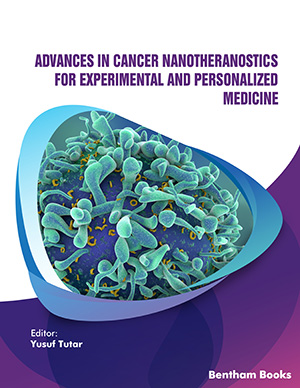Abstract
The continuous advances in molecular genetics have prompt for a wealth of tools capable to modulate genome and the corresponding gene expression. These innovative technologies have broadened the range of possibilities for gene therapy, either to decrease expression of malignant genes and mutations or edition of genomes for correction of errors. These strategies rely on the delivery of therapeutic nucleic acids to cells and tissues that must overcome several biological barriers. Indeed, a key element for the success of any gene therapy formulation is the carrier agent capable to deliver the therapeutic nucleic acid moieties to a specific target and promote efficient cellular uptake, while preventing deleterious off-target effects and degradation by endogenous nucleases. The initial vectorization strategies proved to be rather immunogenic, limited in the amount of genetic material that can be packed and raised severe toxicity concerns. Nowadays, a new generation of nanotechnology-based gene delivery systems are making an impact on the way we use therapeutic nucleic acids. These nanovectorization platforms have been developed so as to show low immunogenicity, low toxicity, ease of assembly and scale-up with higher loading capacity. Some of these nanoscale systems have also allowed for controlled release system and for the simultaneous capability of monitorization of effect – nanotheranostics. Herein, we provide a review on the variety of gene delivery vectors and platforms at the nanoscale.
Keywords: Cancer, Gene therapy, Nanomedicine, Nanotheranostics, RNAi.






















